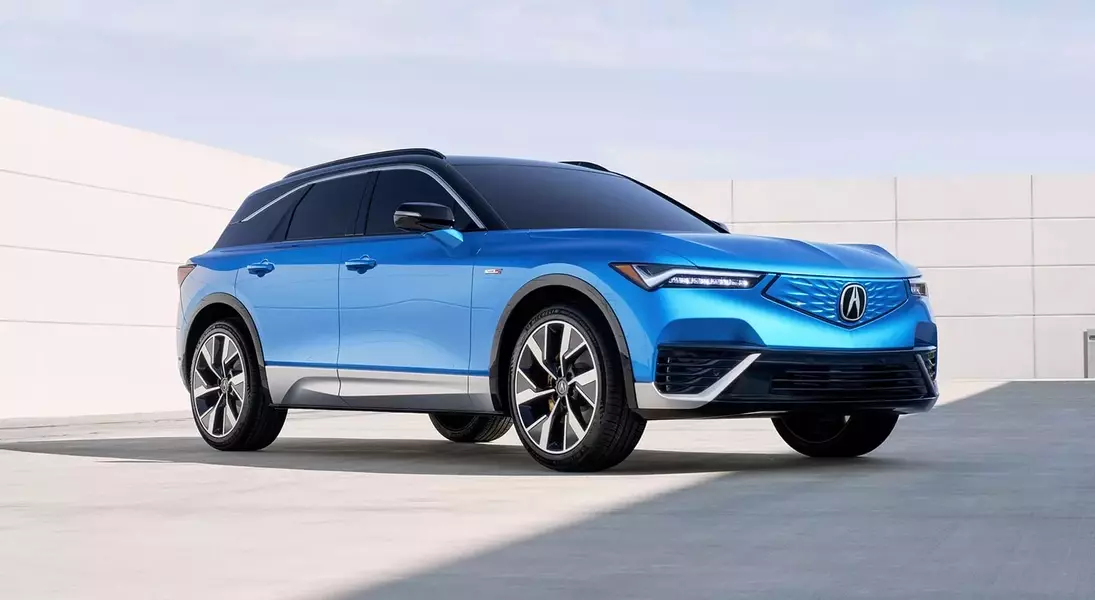
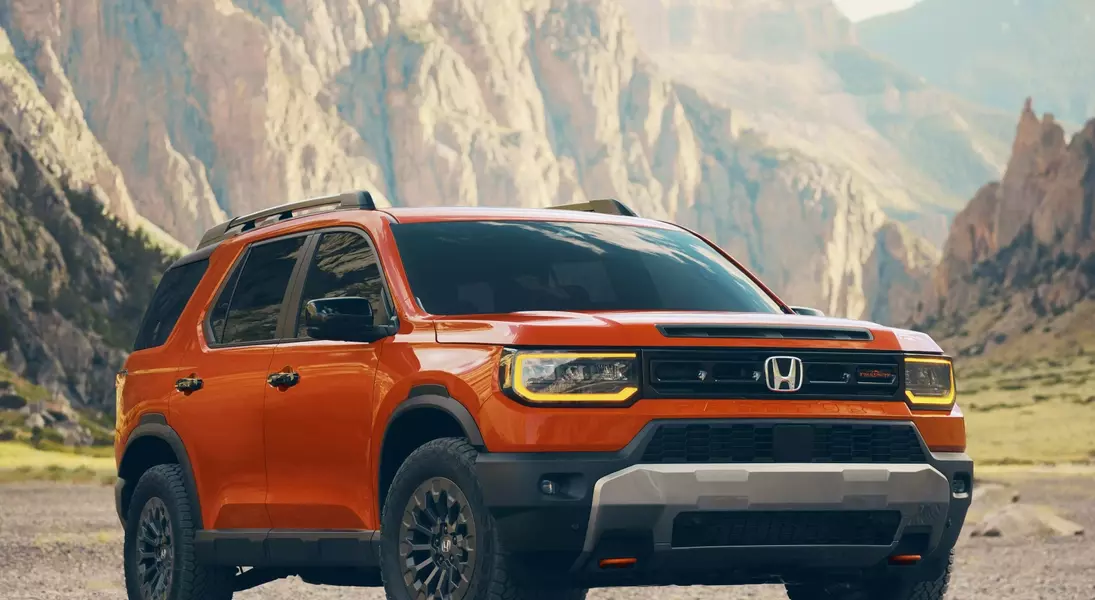
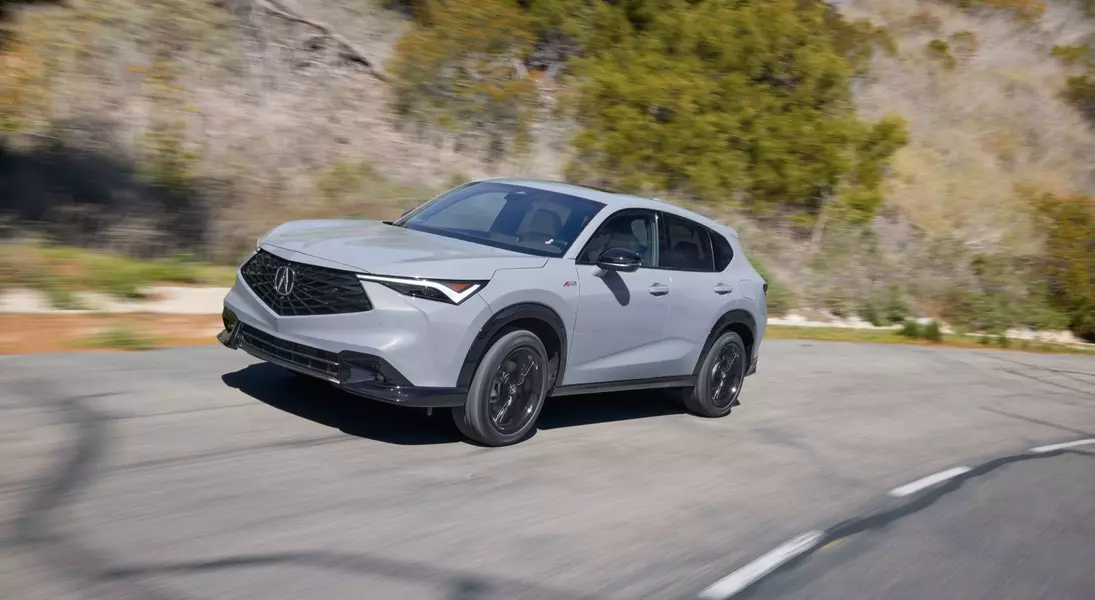
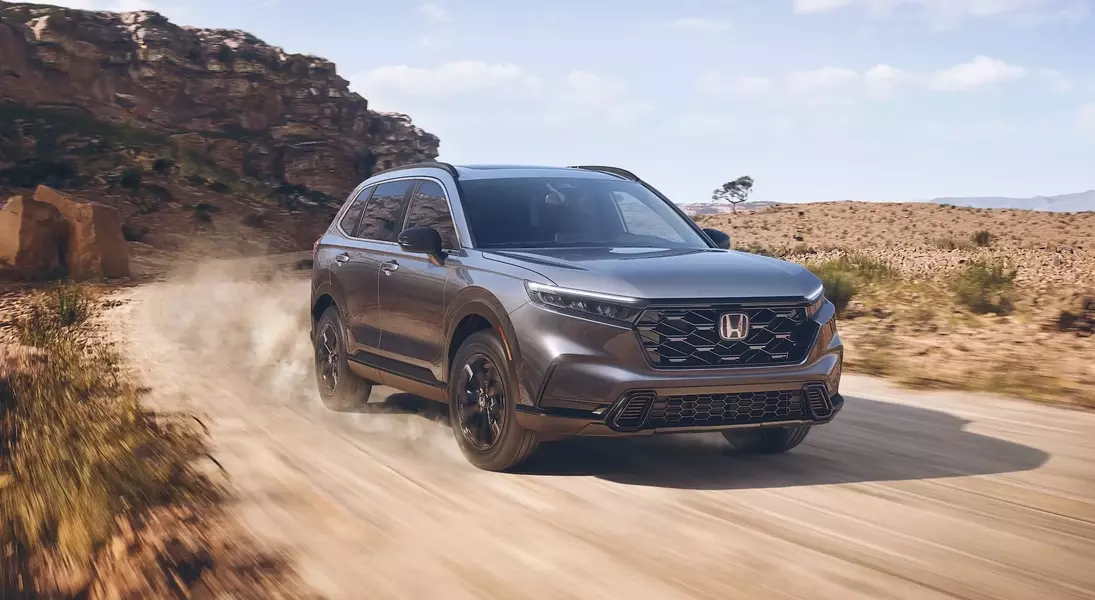
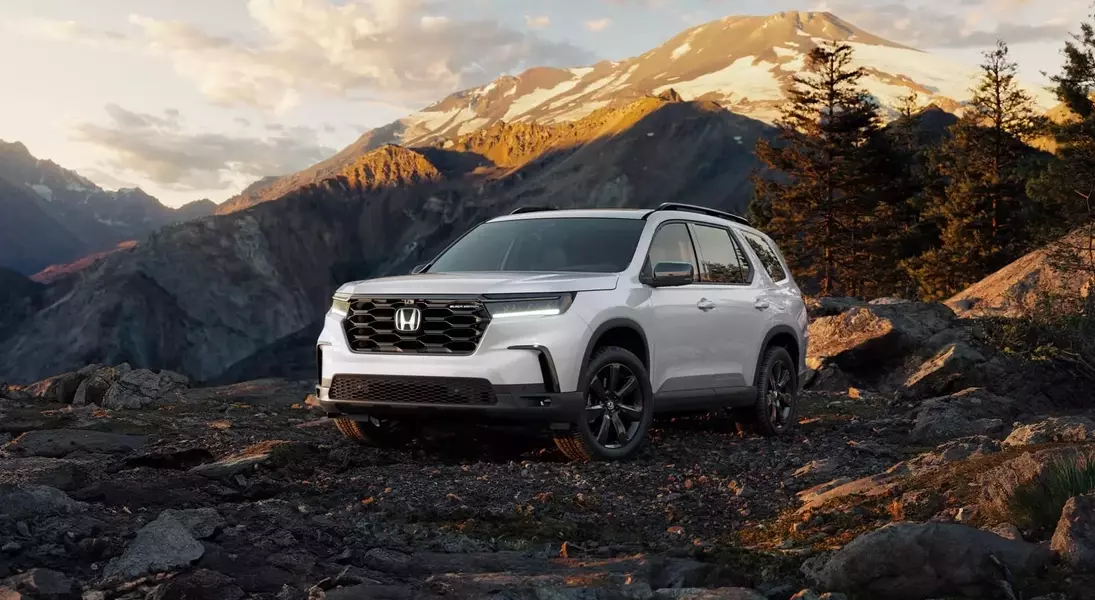
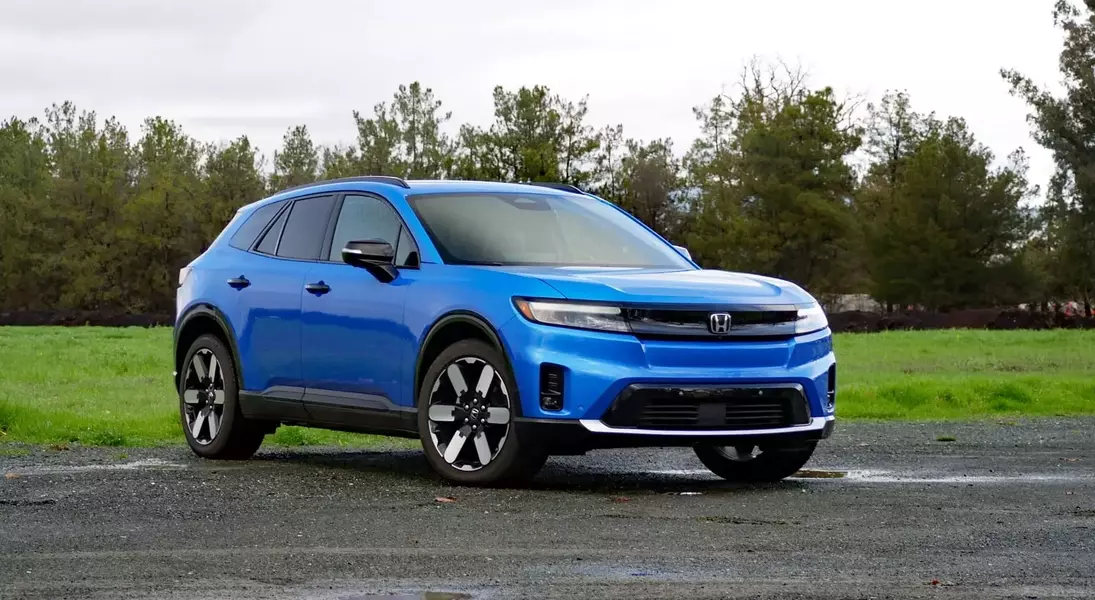
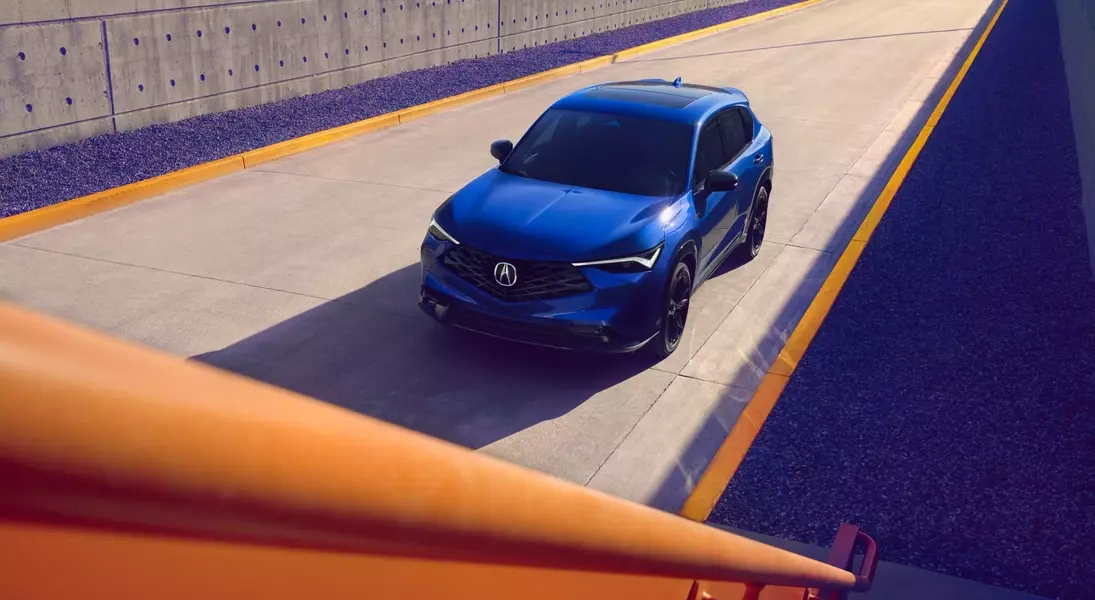


In the evolving landscape of automotive sales, where prices for both new and used vehicles have steadily climbed, August presented a complex picture for Honda and Acura. While monthly figures showed some fluctuations, the year-to-date performance underscores the enduring strength of the Japanese automaker in the competitive global market. Collectively, Honda and Acura have moved nearly a million vehicles within the first eight months of the year, marking a commendable 4.4% increase over the previous year's same period.
Highlighting individual model performances, the Honda CR-V maintained its status as a consistent favorite among consumers, especially within the popular crossover and SUV segments. Despite a slight dip in August sales compared to the previous year, with over 34,000 units sold, its appeal remains strong. The Honda Civic, boosted by its new hybrid variant, captured second place in sales, demonstrating a keen market response to electrified options. The Civic Hybrid alone accounted for a substantial 37% of the model's total sales. Conversely, other models like the HR-V, Pilot, and Odyssey experienced decreased sales in August. However, the electric Honda Prologue emerged as a significant success story, witnessing a dramatic 73% surge in August sales year-over-year, and an impressive 207% increase in year-to-date sales. Similarly, the Honda Passport also enjoyed a substantial sales boost.
Acura's performance mirrored Honda's in its mixed results for August, with overall brand sales declining by 7.5% for the month. Nevertheless, its year-to-date sales showed a healthy 2.7% growth. The new Acura ADX, a compact crossover, stole the spotlight, quickly gaining traction with over 2,500 units sold in August and securing a 20% share in the premium compact crossover segment. The Acura ZDX, despite skipping the 2025 model year, continued to sell leftover units and recorded a phenomenal 466% increase in year-to-date sales for its electric variant, anticipating further success with the upcoming 2026 model. These shifts indicate a growing consumer appetite for innovative and environmentally conscious vehicle options.
The automotive industry is clearly in a phase of significant transformation, driven by technological advancements and shifting consumer values. The robust performance of electric and hybrid models, even amidst overall market fluctuations, demonstrates a clear path towards a sustainable future in transportation. Manufacturers who embrace innovation and cater to evolving environmental consciousness will undoubtedly lead the charge in shaping the next generation of driving experiences.
